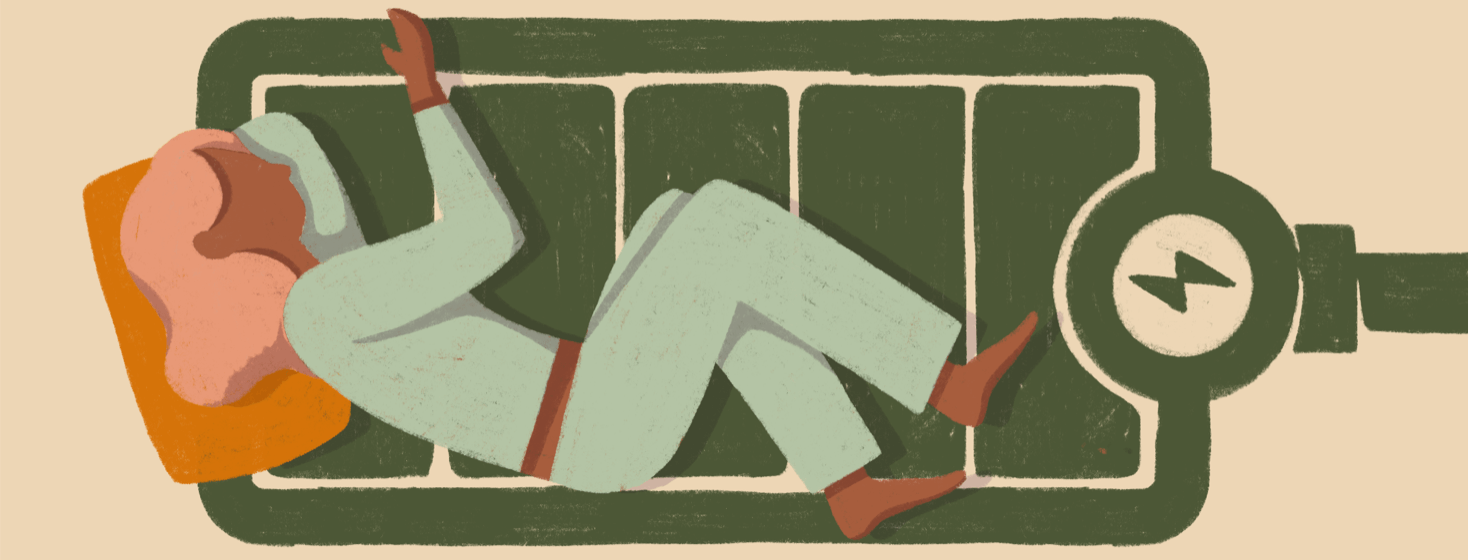I'm Done Apologizing for Migraine
In previous years, when I felt pressured to take part in an activity that I knew would trigger a migraine, I did not know how to advocate for my needs or state my limitations to excuse myself. Flummoxed, I would either cave into myself with an embarrassing excuse or apology, or, to my detriment, I would attend the activity because I felt pressured to do so.
I know what I need
After years of engaging in this unhealthy and unhelpful dynamic, I am done apologizing for migraine. I see that doing so doesn’t serve me and actually makes me appear weak. After 45 years of living with this condition, I know what decreases the likelihood of a migraine attack and increases my odds for a successful day:
- Conserving what energy I do have by not overdoing in general. This means limiting my daily commitments and pacing myself with care throughout each day
- Limiting exposure to loud, bright, stinky environments
- Getting sufficient sleep
- Being careful about what and when I eat and drink
Stating my limitations
I’m clear about my capabilities and limitations. Learning how to state these things out loud without apologizing has been a journey but is so important. When invited to a gathering that is alive with migraine triggers, I now simply say that is the case in a matter-of-fact manner without apology. It’s not a matter of fault. It’s a matter of fact.
Sorry, not sorry
There’s a difference between saying: “I’m so sorry, I wish I could come, but I don’t think I should because I’m worried I might get a migraine.” and stating: “Thanks so much for thinking of me. Due to the noise (or late hour), this is the kind of event I cannot attend because I have migraine, “ or “Grateful for the invite. I’ve already got a full day and need to pace myself proactively and carefully due to having migraine. Could we get together, just you and me in the coming days?”
I shouldn't feel guilty
When we stop apologizing, we release the dynamic of guilt and help others see migraine as a complex neurological condition that needs to be managed. It’s no one’s fault. It’s not a made-up condition. Articulating that we are aware of our limitations and capabilities demonstrates confidence and self-awareness. And doing so is also empowering.
When we start off with apologies and excuses, it kicks off an unfortunate dynamic where the other person may sense your insecurity and question you. Alternately, when you stand sure-footed, asserting your capabilities and limitations without apology, you are more likely to receive respect from others regarding your boundaries.
Asserting our boundaries because of migraine
We have to live with such care due to migraine. Respecting and being aware of our parameters and asserting ourselves regarding our capabilities and limitations leads to fewer attacks and a life without apology.
Do you find yourself apologizing for having migraine? Or have you found a way to assert yourself about your capabilities and limitations? Tell us about your experiences on this topic in the comment section below so we can learn from you.

Join the conversation